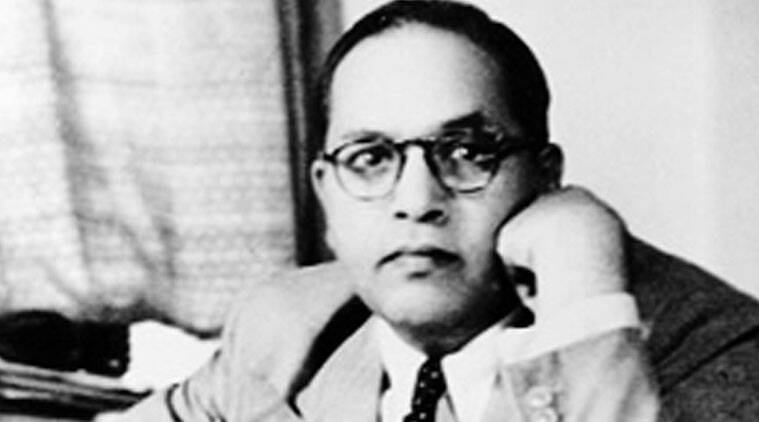Indian History
65th Mahaparinirvan Diwas
- 07 Dec 2021
- 4 min read
Why in News
Recently, the Prime Minister has paid tributes to Babasaheb Dr. Bhimrao Ambedkar on Mahaparinirvan Diwas.
Key Points
- About Mahaparinirvan Diwas:
- Parinirvana, regarded as one of the major principles as well as goals of Buddhism, is a Sanskrit term which means release or freedom after death.
- As per the Buddhist text Mahaparinibbana Sutta, the death of Lord Buddha at the age of 80 is considered as the original Mahaparinirvana.
- 6th December is observed to commemorate the unfathomable contribution to society given by Dr. Bhimrao Ambedkar and his achievements. Owing to Ambedkar’s status as a Buddhist leader, his death anniversary is referred to as Mahaparinirvana Diwas.
- Parinirvana, regarded as one of the major principles as well as goals of Buddhism, is a Sanskrit term which means release or freedom after death.
- Babasaheb Dr. Bhimrao Ambedkar:
- Birth: 14th April 1891 in Mhow, Central Province (now Madhya Pradesh).
- Brief Profile:
- Dr. Ambedkar was a social reformer, jurist, economist, author, polyglot orator and a scholar of comparative religions.
- In 1916, he received a doctorate degree from Columbia University, becoming the first Indian to do so.
- He is known as the Father of the Indian Constitution and was India's first law minister.
- Dr. Ambedkar was a social reformer, jurist, economist, author, polyglot orator and a scholar of comparative religions.
- Related Information:
- He established a fortnightly newspaper “Mooknayak” in 1920 which laid the foundations of an assertive and organised Dalit politics.
- He founded Bahishkrit Hitkarini Sabha (1923), devoted to spreading education and culture amongst the downtrodden.
- He was appointed by the Bombay Presidency Committee to work in the Simon Commission in 1925.
- He led the Mahad Satyagraha in March 1927 to challenge the regressive customs of the Hindus.
- The Kalaram Temple Movement of 1930 formed a pivotal role in the Dalit movement in India in which Ambedkar led a protest outside the Kalaram temple which did not allow Dalits to enter the temple premises.
- He participated in all three round-table conferences.
- In 1932, he signed the Poona pact with Mahatma Gandhi, which abandoned the idea of separate electorates for the depressed classes (Communal Award).
- However, the seats reserved for the depressed classes were increased from 71 to 147 in provincial legislatures and to 18% of the total in the Central Legislature.
- In 1936, he was elected to the Bombay Legislative Assembly as a legislator (MLA).
- In 1947, he was appointed Chairman of the Drafting Committee for the new Constitution.
- He accepted Prime Minister Nehru's invitation to become Minister of Law in the first Cabinet of independent India.
- He resigned from the Cabinet in 1951, over differences on the Hindu Code Bill (aimed at reforming Hindu society).
- In 1956, he converted to Buddhism.
- He passed away on 6th December 1956.
- He was conferred Bharat Ratna in 1990.
- Chaitya Bhoomi is a memorial to B.R. Ambedkar which is located in Dadar, Mumbai.
- Important Works: Newspaper Mooknayak (1920); The Annihilation of Caste (1936); The Untouchables (1948); Buddha Or Karl Marx (1956), The Buddha and His Dhamma (1956), etc.
- Quotes:
- ‘Democracy is not merely a form of government. It is primarily a mode of associated living, of conjoint communicated experience. It is essentially an attitude of respect and reverence towards fellow men’.
- “I measure the progress of a community by the degree of progress which women have achieved”.
- ‘Humans are mortal. So are ideas. An idea needs propagation as much as a plant needs watering. Otherwise, both will wither and die’.





